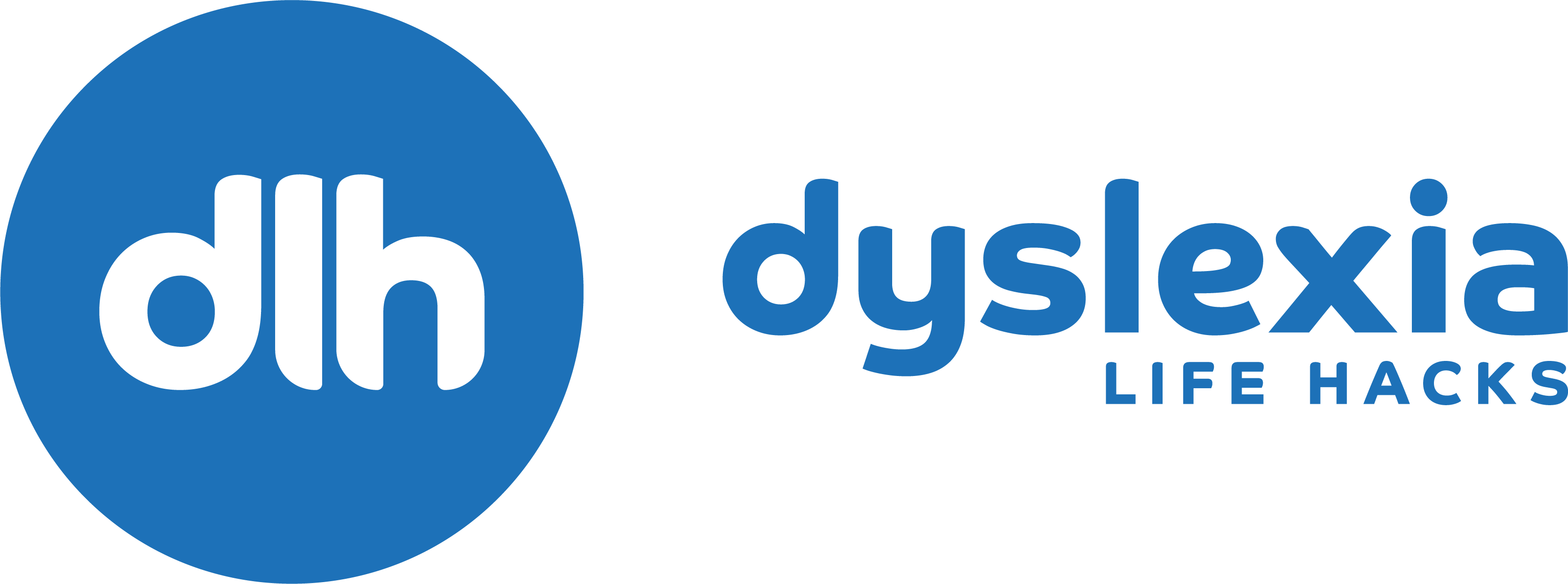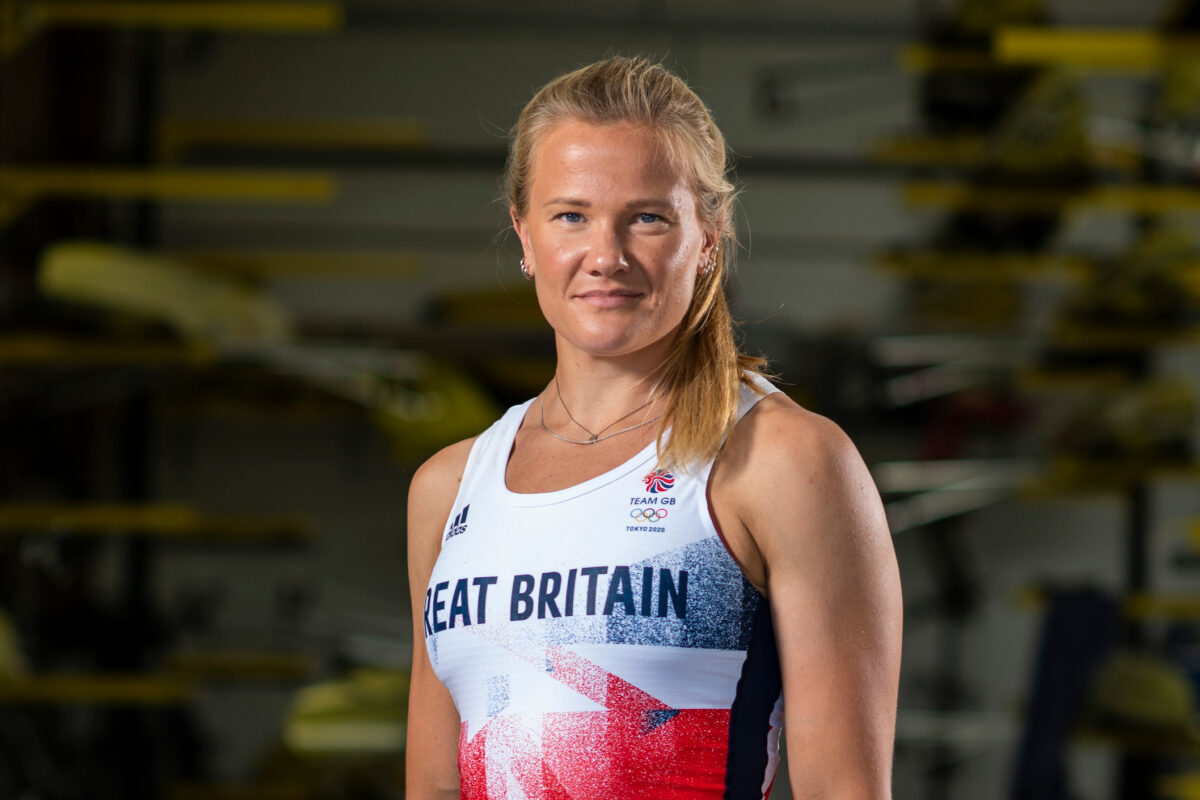Last Episode of 2023!
To finish off this incredible year full of amazing insights from equally amazing guests, we’re changing from our usual format for a one-off episode with our host Matthew Head answering some of your burning questions!
Join Matthew for a coffee (tea or other hot beverages also allowed) to discuss Matthew’s thoughts in an unscripted Q&A session!
Hear Matthew’s thoughts on hiring and retaining dyslexic people in the workplace, what dyslexic strengths Matthew has and uses in his work as a Engineer, what are employer’s most undervalued dyslexic strengths, and many more!
If you have enjoyed listening to Dyslexia Life Hacks throughout 2023, why not drop us a message on social media or our website and tells what episode you enjoyed most!
We hope you have enjoyed another year of dyslexia life hacks and we hope you have a great break over Christmas and New Year. We look forward to bringing you even more insights, perspectives, and dyslexia hacks in 2024!
Key Topics:
- Hiring and retaining dyslexic people in the workplace
- Common Dyslexia strengths,
- Hacks for improving your efficiency on work,
- Common undervalued dyslexic strengths










